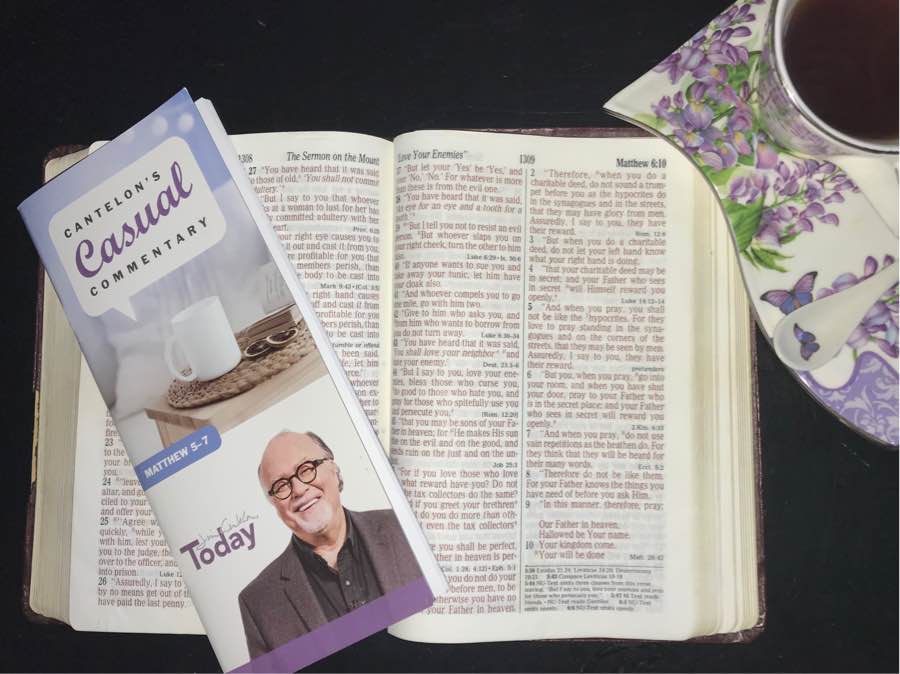Matthew 5
The Merciful v.7
First a word from Shakespeare, and then Jesus’ brother James:
“The quality of very is not strain’d
It droppeth as the gentle rain from Heaven
Upon the place beneath: it is twice blest;
It blesses him that gives and him that takes:
‘Tis mightiest in the mightiest: it becomes
The throned monarch better than his crown”
(Merchant of Venice, Act 4, Sc 1).
And,
“Judgment without mercy will be shown to anyone who has not be merciful. Mercy trumps over judgment” (Ja. 2:13)
Then there’s the old French proverb: “to know all is to forgive all.”
In the Hebrew the word “heed” (mercy) has the nuance of “walking in the other person’s shoes.” It denotes “pity plus loving action.” And, without doubt, as Shakespeare suggests, the merciful have on at least one occasion (if not several) been shown mercy. You receive it, you give it. Self-righteousness and pride are eclipsed by mercy received. the merciful seldom, if ever, judge others.
With these words, Jesus proclaimed a counter-cultural view of human relations. In his time the Romans despised pity, and the Stoics dissed compassion. The Pharisees were strident and grating in their self-righteousness (“Woe to you, teachers of the law and Pharisees, you hypocrites! You give a tenth of your spices — mint, dill, and cumin. But you have neglected the more important matters of the law — justice, mercy and faithfulness…you blind guides!” (Mt. 23:23, 24). In their view if you suffered in any way it was because you had sinned. They were very much like “Job’s comforters”, or “Job’s wife”. Jesus, unlike them, has a Father who loves to forgive, and he loves those who do likewise.
